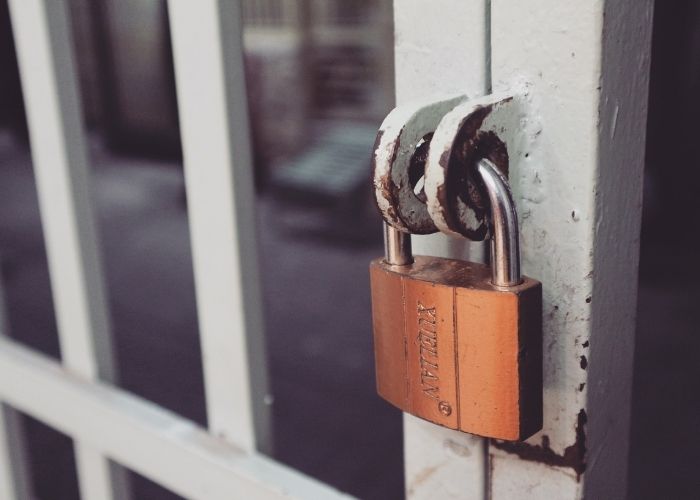CATALONIA – The corporate balance in Catalonia has been negative in recent times: for every five newly opened stores or branches, eight had to close for good. On average, there was a 20% loss in turnover in the past year.
Only 56% of companies have received some form of financial compensation from the government. This is evident from data from the Catalan retail organisation Comertia . It also includes family businesses that together account for 4,000 points of sale in the Catalonia region.
Most newly opened stores are household goods and food

In concrete terms, 42% of the affiliated companies have been able to open a new branch, while 57.5% had to close at least one branch. Looking at the different sectors, most of the newly opened stores or branches have been in household goods and food. However, the fashion sector and the hospitality industry, on the other hand, have suffered the greatest losses.
Of the companies normally affiliated to Comertia, 53% have an annual turnover of between €10-50million and 66% have a workforce of between 51 and 250 employees. A significant number of these companies have branches in shopping centres. Moreover, these locations have been hit extra hard by the corona measures.
Government compensation inadequate
Despite the fact companies in Catalonia are struggling, only just over half have been able to use the government compensation. Of the companies eligible for this compensation, 34% received between €20,000-50,000, and 19% received a maximum of €10,000. According to Comertia Chairman David Sánchez, this government contribution has been totally inadequate. Furthermore, if the situation remains unchanged, he says many more companies will have to close in the coming months. Money has run out and loans are no longer available. According to Sánchez, the aid for businesses in Spain contrasts sharply with the financial aid provided by other EU member states. In Germany and France, for example, 70% of sales from the year before the crisis were offset.
Regional differences are large
The Catalan regional government this week approved a budget of €4million for catering companies located in covered shopping centres. These locations have been closed since the beginning of January this year. Hospitality organisations in Catalonia have accused the regional board of pursuing a nonsensical and rudderless corona policy, and insisted on sparing the sector in implementing new measures. According to the Barcelona hospitality association, bars and restaurants in Catalonia were open for 1,350 hours between October and March, which is a whopping 60% less compared to the bars and restaurants in Madrid.


